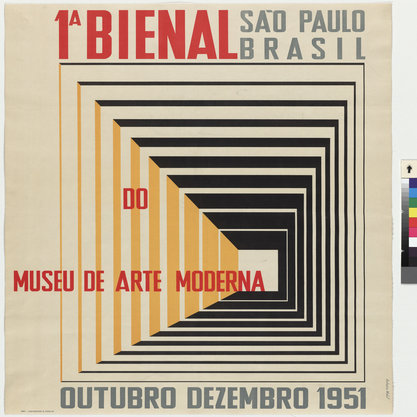Article
Asturias, Miguel Ángel (1899–1974) By McGinn, Emily
Article
Miguel Ángel Asturias (1899–1974), the recipient of the 1967 Nobel Prize in Literature, is one of the most decorated Guatemalan writers in history. He was born in Guatemala City in 1899 during the dictatorship of Manuel Estrada Cabrera. Under Cabrera, Asturias’ father, a lawyer and judge, was persecuted and forced out of his position, causing the family to flee to the countryside. Living in rural Salamá as a child, Asturias learned many of the myths of the Maya from his caretakers. His time there would greatly influence his views on the social politics of Guatemala as well as his innovations in narrative form. Asturias’ narrative technique is modernist in both its use of anthropology as its methodology and in its experimental form that combines a mythical past with a contemporary, experiential narrative structure.

